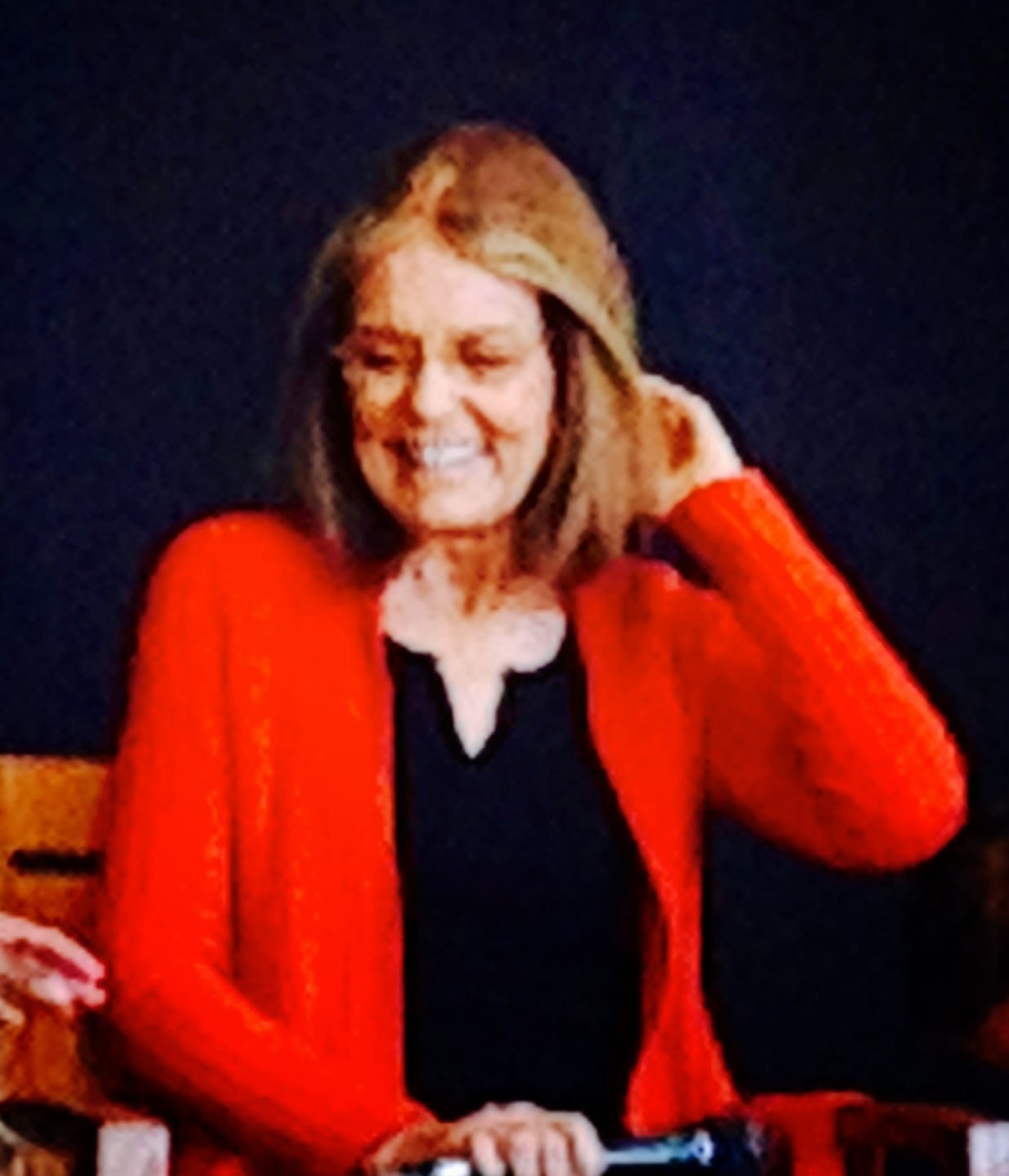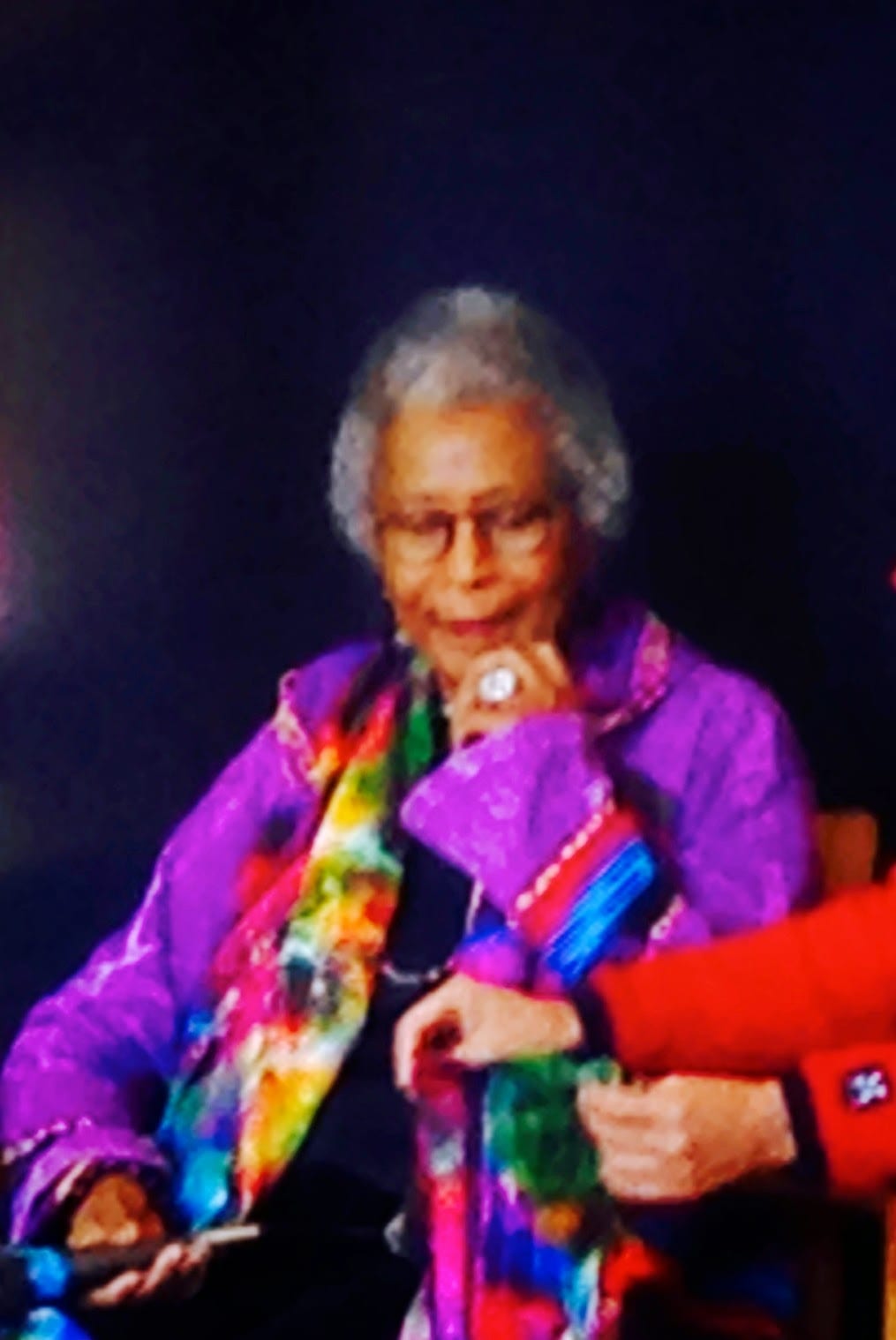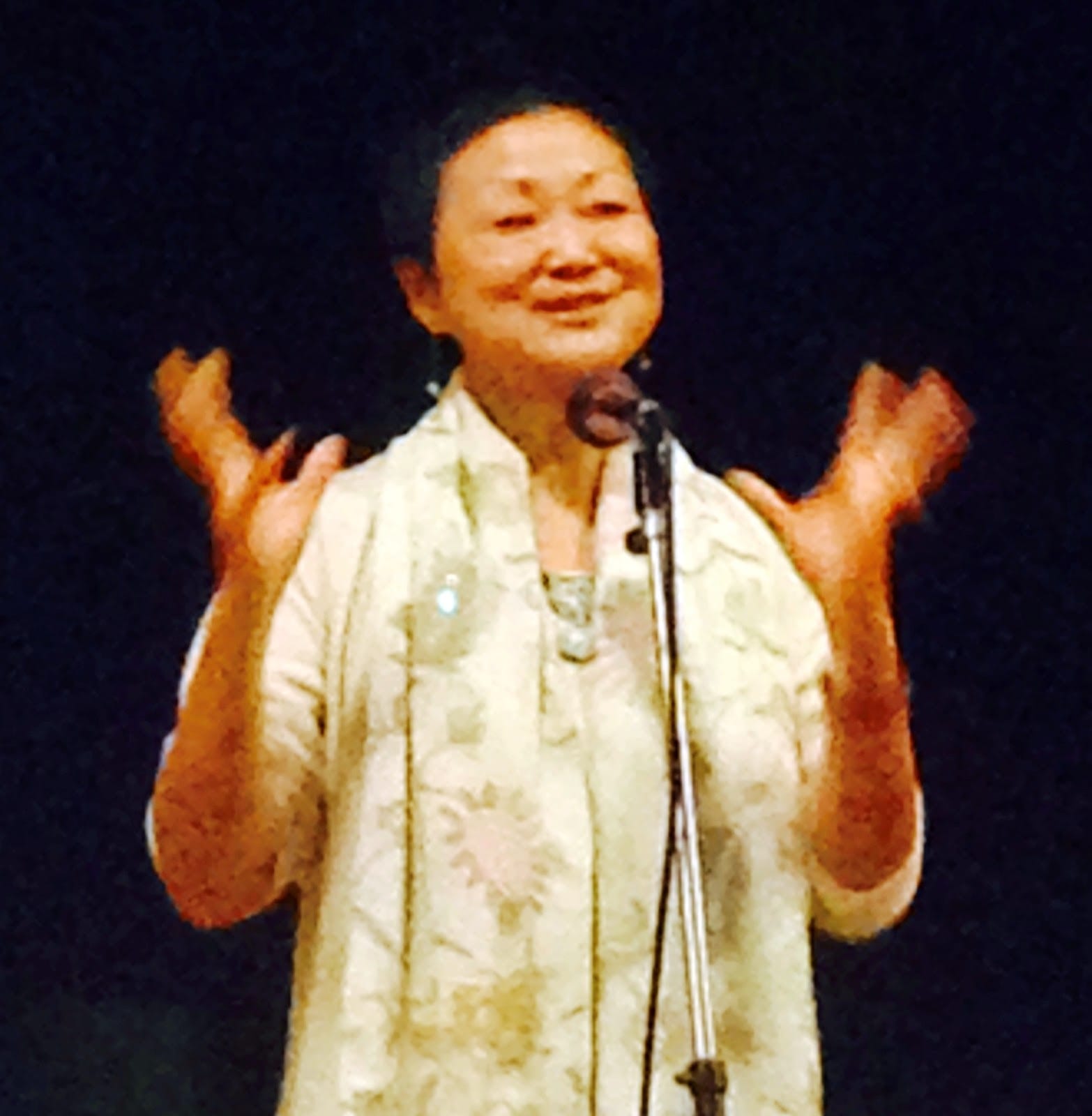There is an autographed, glossy, 8×10 photo of Bill Cosby on
my mantle. It has been there for years, although in the last several months it
has been face down so I don’t have to see it every time I sit down to watch TV
with my kids.
Many of the most cherished moments of my childhood involved
Bill Cosby. Much of my childhood
was tumultuous, peppered with divorces and multiple moves and brothers and sisters
split up into different households. My parents hated each other, but in the years before their
divorce, at least once a week my siblings and I would lie belly-down on the
shag carpet in anticipation while Dad packed his pipe with sweet-smelling cherry
tobacco, pushed the 8-track in, and settled in his favorite chair. We spent
hours listening to tales of Fat Albert, rolling around in hysterics and trying
desperately to stifle our giggles so we wouldn’t miss the next hilarious line
about the dentist or Buck-Buck Number 5. Those evenings were magical. There
were few things that we could all agree on – vanilla ice cream with Hershey’s
syrup and Cosby’s routines being the only two I can recall now – and we
listened to those tapes until we could recite them verbatim. I used to delight
in spontaneously rattling off a line in the middle of a boring road trip or
somber meal just to see everyone crack up.
After an ugly divorce from my mother, Dad and I had issues.
He was a complicated man who didn’t always do the right thing. He cheated on my
mom. He cheated on his second wife. He had a terrible temper and ruled with
shame and fear. He was also committed to teaching us to be better people,
coaching my brothers’ soccer team and letting me help him wash and wax the cars
and change the oil. He was serious and meticulous and didn’t laugh easily, but
when he did it was like Christmas morning and my birthday all rolled into one. I
was simultaneously terrified of him and desperate to make him proud of me. For
much of my life there was no more powerful force in my world than Dad.
Mom had a lot
of really terrible things to say about him and nearly a decade after their
split when his second marriage began crumbling, my stepmother added to the
accusations. I was a senior in high school and a budding feminist. I was
disgusted by the tales of my father’s cheating and indignant in my defense of
my mom and stepmother. I began to distance myself from Dad, which was fairly
easy since I was soon to be off to college, anyway. I never confronted him,
certain that he would deny their allegations, and kept all of our interactions
purely superficial. I didn’t trust
him and wasn’t about to put myself in a vulnerable position.
When I was 29 and expecting my first child, things changed.
I had been too afraid to formally disengage from Dad’s life since that would
have required having an honest conversation about why I was choosing that
route. Instead, I held him at arm’s length, determined to protect myself. But
as my belly grew, I began daydreaming about the life I wanted to give to my
child. I recalled my own family Christmases smack in the eye of a tornado of
cousins, aunts, uncles, and grandparents; torn tissue and ribbons and smiles
all around. I remembered that allies don’t always come in the form we expect
them to and, regardless of how fiercely I hoped to be the one my child came to
when she needed help, it dawned on me that I may not be the one she chose. I
decided that I wanted to give my baby the biggest, most loving family in the
history of the world. I wanted her to know her aunts and uncles and cousins and
grandparents. I wanted her to hear their stories and see their hilarious
antics. I wanted her to stand in the center of a room full of her people and
feel loved and protected and cherished, and I realized that that group included
Dad. My heart melted as I recalled some of my favorite moments with him – playing Heart and Soul together on the
piano, hiking in the mountains on a sunny summer day, lying around cracking up
to Bill Cosby routines. I had forgotten how safe I had felt with him as a kid.
But I was unsure how to go about it. I would have to steel
myself for this conversation, this decision to let him into my life for real. I
figured I would have to confront him with all of the accusations Mom and his
second wife had made and ask him to answer for them. I lay in the darkness, one
hand on my belly, my anxiety ratcheting up as I imagined the awful fight we
would have. The baby started kicking furiously, turning somersaults and
flipping around.
Gradually it began to dawn on me: was there anything he
could say that would appease me? Could I imagine a scenario whereby he would
say, “I cheated on your mom because of ‘x’” and it would be okay with me? Could
I come up with any plausible explanation for some of the crappy decisions he
made as a parent? Anything that would make me nod my head and say, “Oh, I get
it. I totally would have done the same thing.”
The baby stopped moving and I went cold. It was in that
moment that I realized I had been vilifying my father for decades and he was
simply a human being. He hadn’t had a set of rules or guidelines for being the
perfect parent any more than I would.
Yeah, but did he do
his best? the devil voice on my shoulder sneered.
The answer surprised us both. Yeah. I think he did.
When faced with this question I was forced to admit that I
didn’t honestly believe anything my dad ever did was motivated by hatred for me
or my siblings or even my mother. I don’t think he was ever trying to hurt any
of us. Not that his actions were excused or excusable, but it wasn’t my job to
make my father pay for his mistakes, especially those he made with his wives.
And so Dad and I started over. From that moment, as adults,
we began again, without mention of or atonement for past mistakes, with an
acknowledgment that we were both human and fallible. Our relationship as adults
was based on mutual love and respect and while I still wanted him to be proud
of me, I no longer needed his approval. Most importantly, I stopped judging him.
We had eight fabulous years as father and daughter. We spoke
on the phone a couple of times a month about anything and everything and he
never hung up without saying, “I love you, Kari.” Watching him get down on the
floor with my girls and play Polly Pockets and build Lego houses and sing goofy
songs, I often thought my heart would bust wide open. He was funny and
irreverent and would have done anything for his granddaughters. He was amazed
at how smart they were and wanted them to have every opportunity in life. More
than once, I saw threads of him woven into the fabric of my children – their
tenacity and determination came straight from him through me, I’m sure. Because
of my children, I was able to recapture the good memories of Dad. Before that,
I only saw the cheating and lying.
My father died in my arms after a brutal battle with lung
cancer six years ago. I spontaneously offered to write and deliver the eulogy
at his memorial service and for a few terrifying hours I sat on the guest bed
at my in-laws’ house searching for inspiration. What came to me was Bill Cosby.
As a kid, Dad was stern and serious except for those nights when he lit his
pipe and put his feet up and laughed at Cosby’s routines until tears rolled
down his cheeks, and that is what I told the room full of people that came to
pay tribute to my father. I chose Dad’s favorite routine – the one where God is
trying to convince Noah to build the ark – and wove the humor and persistence
of that bit into my acknowledgment of Dad’s gifts.
Today, I mourn for the tainted memories. I am relieved that
my daughters never took to my attempts to hang out and listen to Bill Cosby CDs
as a family because now I don’t have to dismantle that family tradition for
them. They are too young to have watched The Cosby Show or have seen any Jell-o
adds featuring Cosby, so all they know about that autographed 8×10 on the
mantle is that it belonged to Papa. I will throw away the CDs I’ve had tucked
away in my car for long road trips, naively thinking that the girls would stop
listening to their own iPods long enough to hear the “snakey lick” routine that
still makes me giggle, but I’m torn about how to handle the photo. Do I burn it
and repurpose the frame? Do I throw the whole thing out? And what do I do with
the memories? How do I reconcile the bonding that occurred over his comedy
routines with the possibility that, during that time, he was drugging and
sexually assaulting young women?
Oddly enough, I’m very clear on how to handle such things
with my children. They are very aware of which music I refuse to buy because
the musician is not someone I wish to support. The misogynist characters who build their reputations on
objectifying and, at times blatantly threatening women and girls are not
welcome to be heard in my car. One day as we drove to school, a PitBull song
came on the radio and my youngest quickly reached for the dial to change the
station.
“You know, it’s sad, Mom. He is a horrible human being, but
he is a really good rapper.”
In our current era of social media and citizen journalism, I
suspect we know far more about today’s celebrities than we ever have
before. It wouldn’t surprise me to
find out that many of the artists I listened to as a teenager did awful things
but were lucky enough not to get caught by the general public, and it makes me
wonder whether I would rush to get rid of all of their music now in response.
If I discovered that Robert Plant or Jimmy Page had committed terrible acts
against women or gay people or Latinos, I would be devastated. Would I never
again listen to “Stairway to Heaven?” I don’t know.
Can I separate the individual acts from the performance? In
the case of entertainers like PitBull and Eminem, it is clear from their music
that they espouse certain beliefs and claim particular entitlements. It has
been claimed that
there
were indications in Cosby’s routines as far back as 1969 that he wanted to
drug women. I remember the Spanish Fly bit and, honestly, I don’t remember
thinking anything of it at the time, mostly because the whole notion of Spanish
Fly seemed confusing and “adult” to me.
I am a firm believer in consequences and if it turns out
Bill Cosby did the things he is alleged to do, he deserves to pay harsh
penalties and he has a lot to atone for. But the organizer in me wants to know which file to put those memories in, or whether I ought to just bag them up and throw them out with the dog poo.







